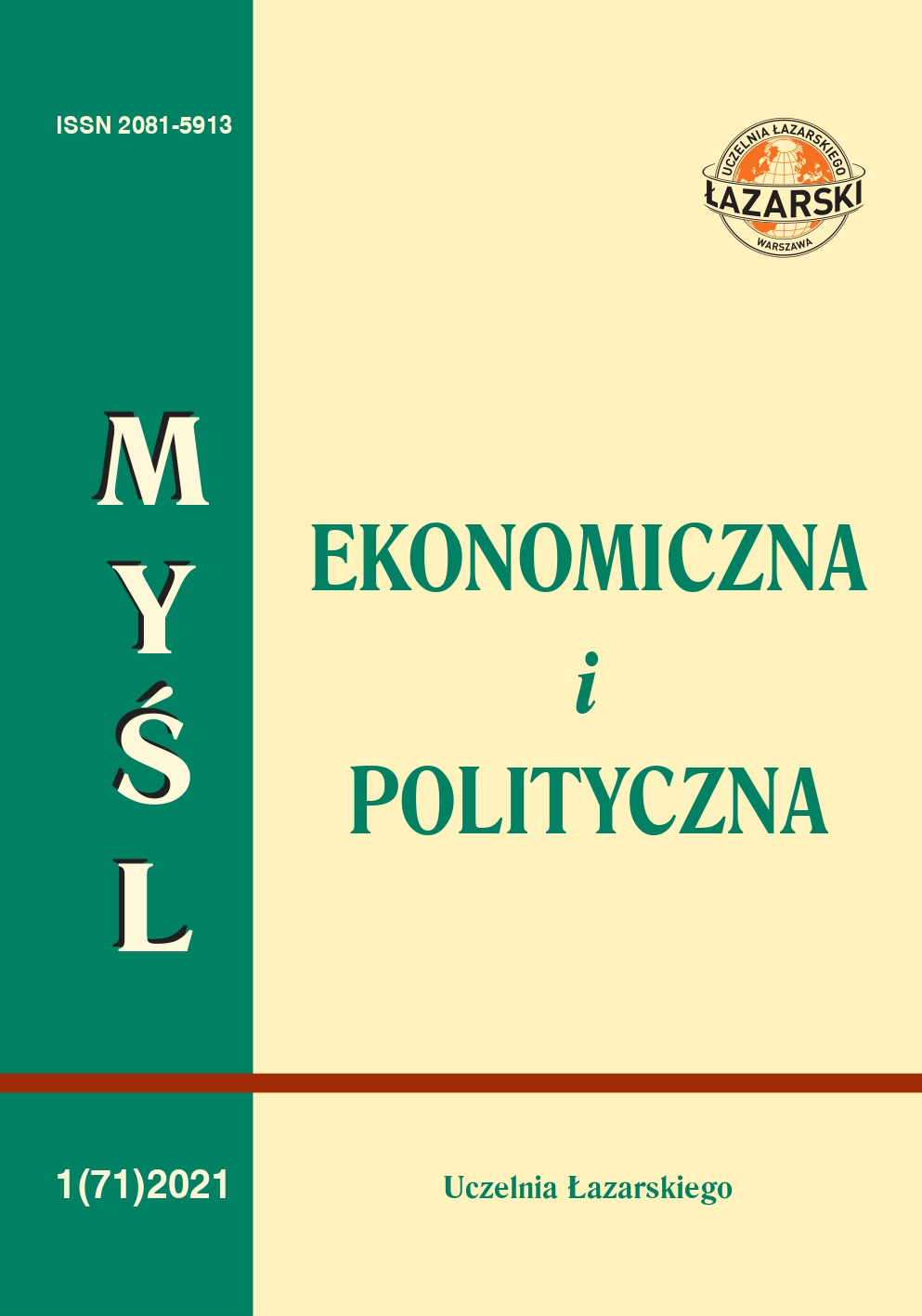Employment Challenges and Prospects for Labour Market Integration (Case of Georgia)
Keywords:
Law of Georgia “On Employment Promotion”, labour market, state employment policyAbstract
The purpose of the paper is to analyse the labour market, employment challenges and legal framework. The policy of state intervention in the labour market is defined in two directions: active and passive policy. As part of its active policy, the state seeks to implement support measures for those who are unable to find stable employment or transfer to the ranks of employees, to stimulate the labour market in order to increase the level of welfare. And on the part of passive policy, social assistance is mostly provided. The state should pursue an active employment promotion policy that, on the one hand, connects job seekers and businesses, and on the other hand, brings together jobseekers’ qualifications and business requirements in the country, which will significantly increase the number of employees and help businesses improve quality as well as create new jobs. Assessment of employment opportunities for job seekers was studied with the use of the statistical-econometric methods such as: expert evaluation, descriptive – statistical analysis of variables, logistics models of chances and the so-called “survival” analysis. Based on the research, conclusions and recommendations are formulated for the implementation of effective employment promotion policies. Among them are the main findings in terms of profiling and training of job seekers.
Downloads
Published
Issue
Section
License

This work is licensed under a Creative Commons Attribution-NonCommercial-ShareAlike 4.0 International License.

